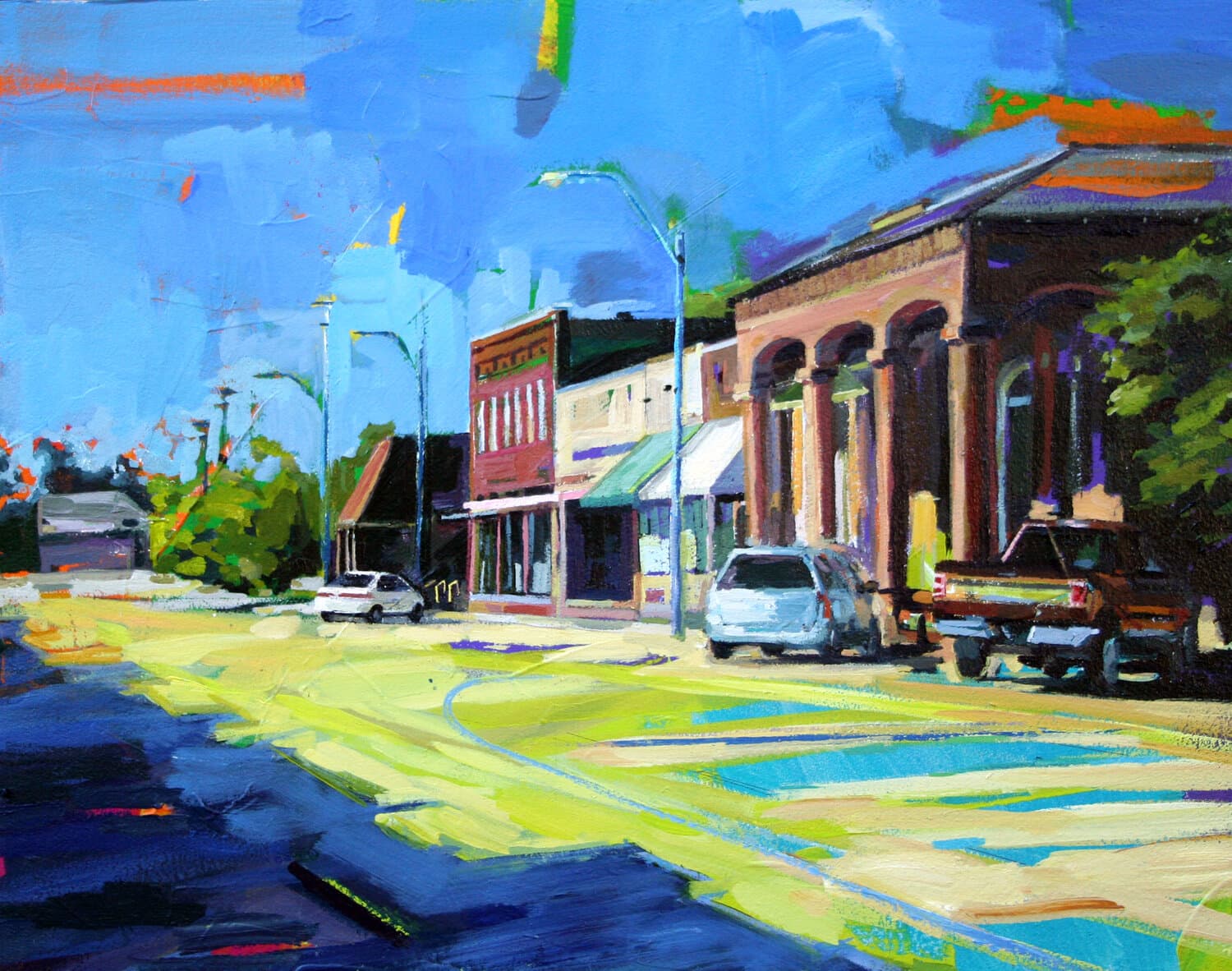Marks Mule Train site and Mules and Blues Festival drive heritage tourism momentum
The Marks Mule Train site, tied to Dr. Martin Luther King Jr. and the 1968 Poor People’s Campaign, and the county Mules and Blues Festival are central to Quitman County’s cultural tourism strategy. Local leaders are using these linked civil rights and Delta music assets to attract visitors, educate residents, and support downtown revitalization in Marks.

Marks and Quitman County are stewarding a distinctive mix of civil rights history and Delta musical tradition that local officials hope will translate into sustained tourism and economic activity. The Marks Mule Train site marks the town’s role in the 1968 Poor People’s Campaign when Dr. Martin Luther King Jr. selected Marks in March 1968 as a focal point for outreach and for organizing the Mule Train march. That history is formally recognized along the Mississippi Freedom Trail and by historical markers recorded in the Historical Marker Database.
The county’s Mules and Blues Festival grew out of that history and of long standing Delta cultural practices. The festival highlights local music, art, food, and the story of the Mule Train, offering a package that tourism partners and local leaders promote to draw visitors to downtown Marks. Organizers and municipal planners view the festival and site preservation as mutually reinforcing tools for education, commemoration, and economic development.
For Quitman County residents the implications are practical as well as symbolic. Cultural tourism anchored by civil rights sites tends to extend visitor stays when paired with musical programming and local hospitality offerings. County officials note the festival and related commemorations are intended to increase tourism, educate school groups and civic organizations about the Poor People’s Campaign and the Mule Train, and complement other investments such as museums and hospitality projects aimed at downtown revitalization in Marks. Preservation of markers and programming tied to the Mississippi Freedom Trail also creates a tangible resource for area schools and community groups seeking local history curricula and field trip destinations.
Economically, heritage events can support small businesses and downtown activity by concentrating visitor spending on restaurants, shops, lodging and guided tours. In a county focused on revitalizing its central business district, the strategic pairing of the Mule Train narrative with Delta blues programming offers a niche product that differentiates Marks from other rural destinations. Sustained gains will depend on continued investment in site upkeep, event promotion, and infrastructure to receive visitors.
As commemorations and festivals continue, the Marks Mule Train site and Mules and Blues Festival remain central pillars of Quitman County’s cultural and economic agenda. By linking the story of the Poor People’s Campaign to Delta musical traditions, the county is positioning its history as both an educational resource and a lever for local economic development.


